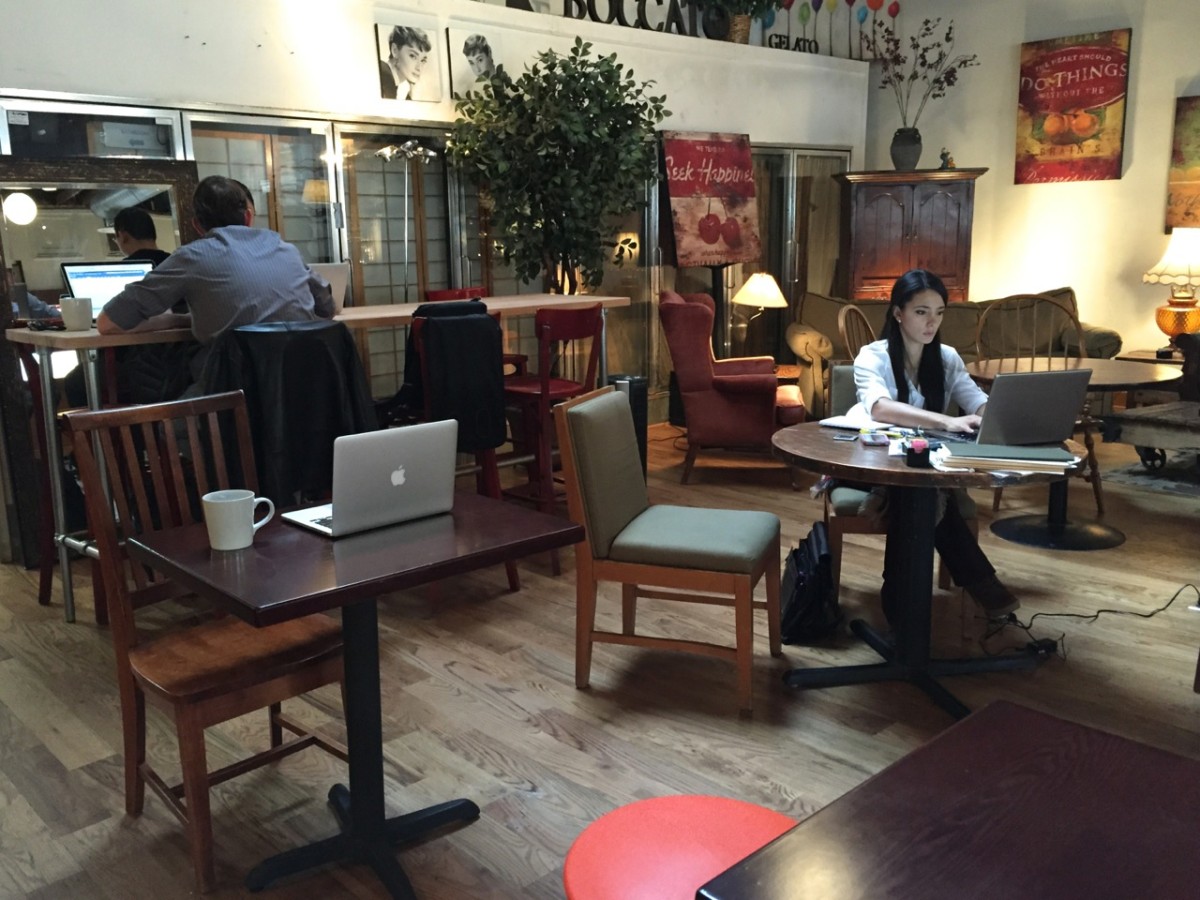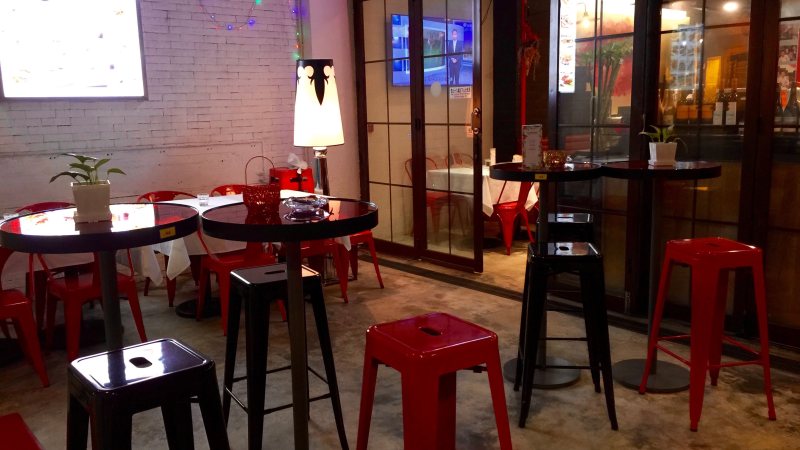There is a reason that the most well-known real estate adage is “location, location, location.” Location is absolutely essential for a successful business and is one of the deciding factors in the success of a food service business. So how do restaurant entrepreneurs and operators determine the best location for them? Read on to explore our top tips for selecting a location for your restaurant.
Initial Marketing Research
The initial marketing research helps determine the general area or neighborhood that you need to be searching in. This decision is influenced by the target market and target customers who you are aiming for. For example, a sit-down restaurant for families probably belongs in the suburbs instead of downtown.
Determining Factors
There are three main factors to consider while location hunting. As frustrating as the search may be, do not give in and compromise on a location simply because it is there.
Size
The size of the potential space is a highly important factor to consider. Even smaller food service businesses, like coffee shops, need plenty of space. On the other hand, you do not want to be paying for space that you will not actually use.
Ask for some detailed floor plans of the space and sketch out potential layouts. Always make sure to remember to leave space for people and servers to walk through. Additionally, remember certain rules, such as ADA laws are in place that dictate spacing.
Visibility
Visibility is another consideration that owners and operators must make. While certain businesses can afford a little lower visibility, newer restaurants cannot. Even if the space is tucked back away from the road, something needs to signal to customers that you are there. An ideal site is in a high traffic location for both pedestrians and cars that comes with standout signage.
Previous Tenants
The history of a location tells potential renters quite a bit about the location. Ask questions about the number of tenants at a location. Then find out how long those people stayed there and why they left. If you can, talk to those ex-renters and find out from them what issues they ran into with location.




